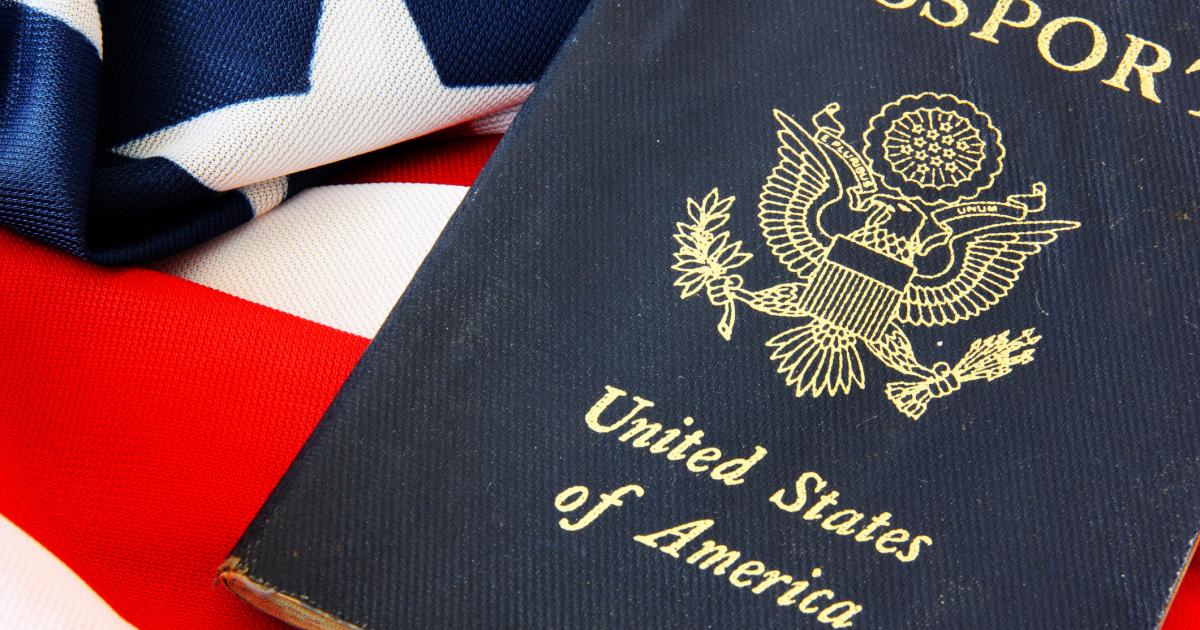Just like the false claim that there is a "separation" between church and state, there is not, this issue of birthright citizenship is also a false leftist claim.
Critics claim that anyone born in the United States is automatically a U.S. citizen, even if their parents are here illegally. But that ignores the text and legislative history of the 14th Amendment, which was ratified in 1868 to extend citizenship to freed slaves and their children.
The 14th Amendment doesn’t say that all persons born in the U.S. are citizens. It says that “[a]ll persons born or naturalized in the United States and subject to the jurisdiction thereof” are citizens. That second, critical, conditional phrase is conveniently ignored or misinterpreted by advocates of “birthright” citizenship.
Critics erroneously believe that anyone present in the United States has “subjected” himself “to the jurisdiction” of the United States, which would extend citizenship to the children of tourists, diplomats, and illegal aliens alike.
But that is not what that qualifying phrase means. Its original meaning refers to the political allegiance of an individual and the jurisdiction that a foreign government has over that individual.
The fact that a tourist or illegal alien is subject to our laws and our courts if they violate our laws does not place them within the political “jurisdiction” of the United States as that phrase was defined by the framers of the 14th Amendment.
This amendment’s language was derived from the 1866 Civil Rights Act, which provided that “[a]ll persons born in the United States, and not subject to any foreign power” would be considered citizens.

 www.heritage.org
www.heritage.org
Birthright Citizenship: A Fundamental Misunderstanding of the 14th Amendment
hat’s the citizenship status of the children of illegal aliens? That question has spurred quite a debate over the 14th Amendment lately, with the news that several states—including Pennsylvania, Arizona, Oklahoma, Georgia, and South Carolina—may launch efforts to deny automatic citizenship to such children.Critics claim that anyone born in the United States is automatically a U.S. citizen, even if their parents are here illegally. But that ignores the text and legislative history of the 14th Amendment, which was ratified in 1868 to extend citizenship to freed slaves and their children.
The 14th Amendment doesn’t say that all persons born in the U.S. are citizens. It says that “[a]ll persons born or naturalized in the United States and subject to the jurisdiction thereof” are citizens. That second, critical, conditional phrase is conveniently ignored or misinterpreted by advocates of “birthright” citizenship.
Critics erroneously believe that anyone present in the United States has “subjected” himself “to the jurisdiction” of the United States, which would extend citizenship to the children of tourists, diplomats, and illegal aliens alike.
But that is not what that qualifying phrase means. Its original meaning refers to the political allegiance of an individual and the jurisdiction that a foreign government has over that individual.
The fact that a tourist or illegal alien is subject to our laws and our courts if they violate our laws does not place them within the political “jurisdiction” of the United States as that phrase was defined by the framers of the 14th Amendment.
This amendment’s language was derived from the 1866 Civil Rights Act, which provided that “[a]ll persons born in the United States, and not subject to any foreign power” would be considered citizens.

Birthright Citizenship: A Fundamental Misunderstanding of the 14th Amendment
What’s the citizenship status of the children of illegal aliens? That question has spurred quite a debate over the 14th Amendment lately, with the news that several states—including Pennsylvania, Arizona, Oklahoma, Georgia, and South Carolina—may launch efforts to deny automatic citizenship to...
